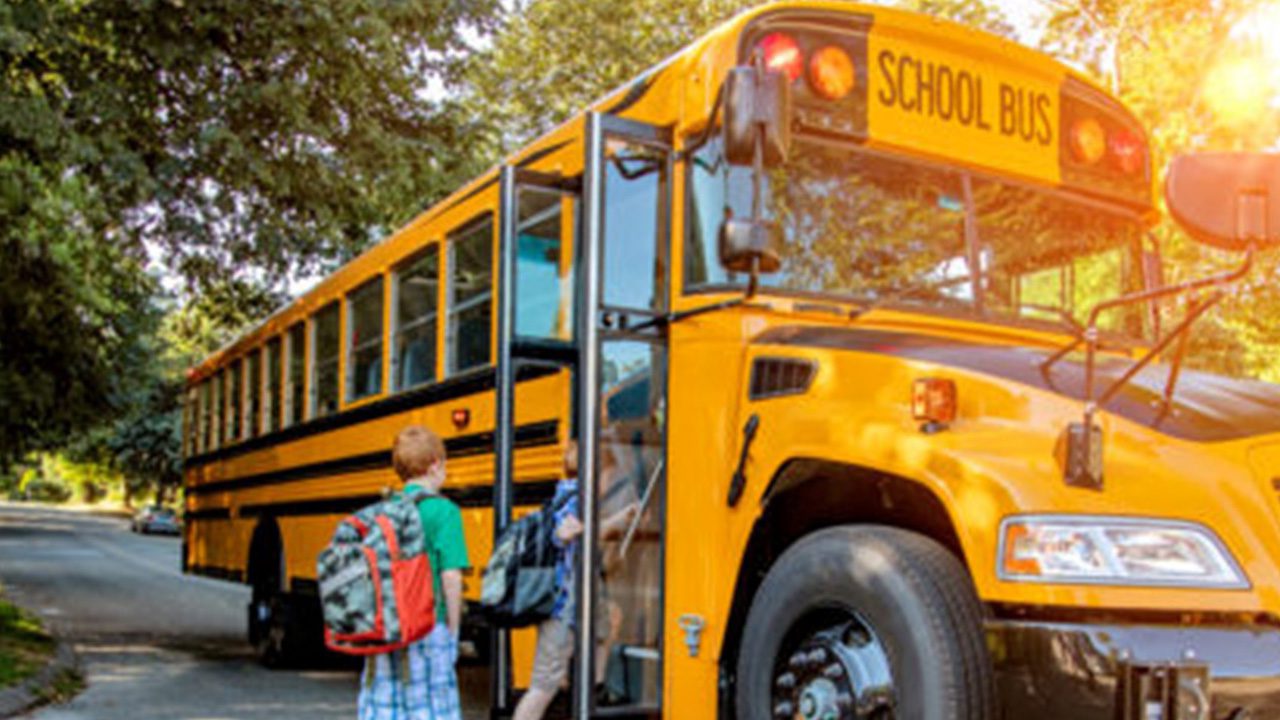Can Insurers Sue School Boards for PIP Claim Reimbursement? Florida Courts Differ
Insurance Journal | By William Rabb | July 9, 2024
In 1997, Florida lawmakers tweaked the state’s personal injury protection or “no-fault” auto insurance law. The idea was to allow school kids injured in a school bus accident to have some of their medical bills covered by their parents’ auto insurance carrier.
But the change to the statute was not perfectly crafted and has now led to conflicting appeals court decisions on whether insurance carriers can sue school districts in subrogation, seeking reimbursement for PIP claims. The differing interpretations will likely have to be clarified by the Florida Supreme Court or the state Legislature.
In the latest court ruling, regarding consolidated appeals from Broward and Palm Beach county school boards versus State Farm Mutual Automobile Insurance Co., Florida’s 4th District Court of Appeals last week found that the statute appears to grant sovereign immunity to school districts in PIP subrogation suits.
“We are ‘constrained to hold’ that school boards retain their sovereign immunity from section 627.7405(1) PIP reimbursement claims absent a ‘clear and unequivocal’ legislative expression to the contrary,” the 4th DCA’s chief judge, Mark Klingensmith, wrote in the July 3 opinion.
That opinion, seen here, is in direct conflict with a 2019 decision by Florida’s 2nd District Court of Appeals, which found that the 1997 law waives sovereign immunity for school buses.
The 4th DCA certified the conflict, which means the state Supreme Court will likely consider it, perhaps early next year. A final ruling in favor of State Farm could ultimately mean that public school districts and their insurance pool or their insurers would face greater expenses going forward. A finding against State Farm would mean the insurance carrier would have no real way to seek reimbursement from the owner of the vehicle, as state law allows in most other types of PIP claims.
The confusion stems from the conflicting language of the PIP law. The statute, the 4th DCA noted, grants auto insurers a right of reimbursement against the owner of a commercial motor vehicle. In 1997, lawmakers attempted to clarify that commercial vehicles included school buses, but not city buses or other municipal vehicles.
At the same time, though, the law did not specifically remove school districts from the cloak of sovereign immunity protection.
The 2nd District appellate court, in its 2019 opinion, known as Lee County School Board vs. State Farm, reasoned that by including school transports in the 1997 amendment as commercial vehicles, the Legislature clearly “waived sovereign immunity for PIP reimbursement actions brought against school boards to recover benefits paid in connection with school bus accidents.”
But the 4th DCA, in last week’s opinion, disagreed, noting that court rulings through the years have established that the Legislature must specifically exempt entities from immunity protection, and the statute does not do that. While schools may be asked to reimburse PIP clams, there’s no provision for districts to be sued in an attempt to collect that reimbursement, the judges found.
The 4th District got it right, said Robert Hauser, attorney for the Florida School Board’s Insurance Trust. He wrote an amicus brief on behalf of the Broward and Palm Beach school districts, urging the court to agree that schools are immune from such lawsuits.
“Everyone knows why the 1997 law was written,” he said Monday. “It was to shift costs away from schools and to insurance companies.”
The law was “poorly drafted,” Hauser wrote in his brief. But the legislative intent was made clear by a staff analysis at the time. Before 1997, public school buses were excluded from the no-fault law, which subjected schools to lawsuits.
“That exclusion meant that injuries sustained on a bus by a public school pupil were subject to the Florida tort system rather than the No-Fault system, which was perceived to be more quick and efficient,” Hauser wrote.
Lawmakers tried to correct that, hearing from advocates of the change that it would reduce school districts’ liability insurance costs while only slightly raising private motorists’ PIP premiums, the brief notes.
“The goal of the legislative tweak was to shift payments for most injuries on school buses away from the school district’s liability insurance under the tort system and instead to parents’ private PIP insurance,” Hauser wrote.
If lawmakers had truly intended to shift liability to public schools, it could have simply required school bus owners to purchase PIP insurance to cover injuries to student passengers.
To allow State Farm and other insurers to now pursue school districts in court goes against the legislative intent, he argued.
“There is not even the slightest indication, much less an express waiver, showing that the Legislature’s goal was to authorize subrogation lawsuits against school districts in the judicial branch by private PIP carriers,” the amicus brief reads.
The 4th District appeals court seemed to agree. But the judges also noted that the law does allow for reimbursement of PIP benefits from private owners of school buses in those jurisdictions that contract for bus services.
It’s possible the Florida Supreme Court could feel that the issue is not worth the effort and could decline to rule on the conflict between the two appeals courts.
“I just don’t know how big of an issue this is,’” Hauser said. “How many PIP claims were there last year and how much money was claimed to be reimbursed? I just don’t know.”
An attorney for State Farm in the case declined to comment Monday.






